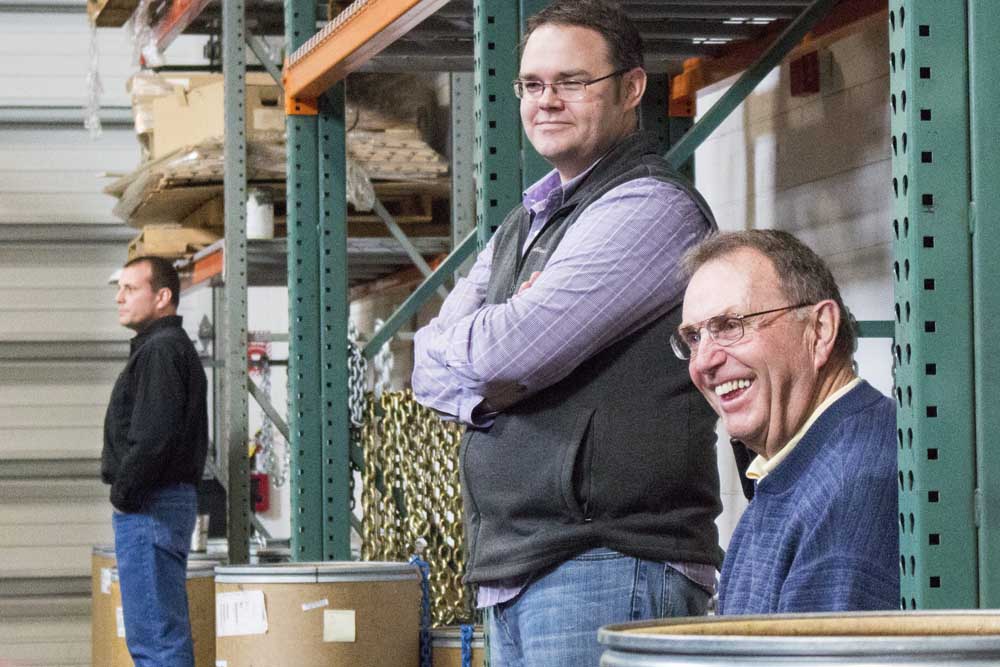More Reports Of ISA In Wild And Farmed Salmon Uncovered
Published 4:00 pm Tuesday, November 29, 2011
![]()
Trending
A newly obtained scientific manuscript shows a potentially deadly virus was detected in wild Pacific salmon as far back as 2002 — nine years before the public learned of the virus’ presence in fish in British Columbia.
 Infectious salmon anemia, or ISA, was discovered last month in sockeye salmon in British Columbia. Although the Canadian government disputed the findings, it now appears the virus was first documented in B.C. as far back as 2002. Roger Tabor/U.S. Fish and Wildlife Service.
Infectious salmon anemia, or ISA, was discovered last month in sockeye salmon in British Columbia. Although the Canadian government disputed the findings, it now appears the virus was first documented in B.C. as far back as 2002. Roger Tabor/U.S. Fish and Wildlife Service.
A research laboratory reported in mid-October that wild salmon in British Columbia were carrying infectious salmon anemia (ISA) virus. The ISA virus has killed millions of farmed salmon from Europe to South America.
Trending
The Canadian government denied the lab’s findings because it could not replicate the results in later tests.
EarthFix obtained the manuscript Tuesday, along with emails between its author and a government agency in British Columbia.
The documents detail the work of researcher Molly Kibenge and her recent, unsuccessful effort to have her paper published.
Kibenge sampled wild salmon from various parts of British Columbia from 2002 to 2003.
Using highly sensitive testing methods she found the ISA virus in chinook, pink, sockeye and Atlantic farmed salmon. She was also able to sequence a portion of the virus. That’s like taking a finger print from a criminal suspect.
Through this identification she found that the portion was more 90 percent similar to the viruses that killed farmed salmon in Europe and the East Coast of North America.
Kibenge concluded that the virus was not pathogenic – meaning that it was not killing fish but was evident in the population in British Columbia.
Her research was not published, even though a draft of the manuscript was completed in 2004.
View Rivers Inlet, British Columbia in a larger map_ Then came last month’s reports of ISA in wild salmon in British Columbia’s Rivers Inlet.
Kibenge asked her supervisor at the Department of Fisheries and Oceans in British Columbia if she could submit her earlier research for publication.
The answer was no. Instead of working with Kibenge to edit and fine-tune her work, her supervisor in an email said that her findings were false because they could not be replicated.
Kibenge declined to comment for this story but her unpublished research has been submitted to the Canadian Food Inspection Agency. CFIA is conducting follow up research on the recent reports of ISA in wild salmon in British Columbia.
For more on this and other environmental stories, visit EarthFix
This story originally appeared on Oregon Public Broadcasting.









